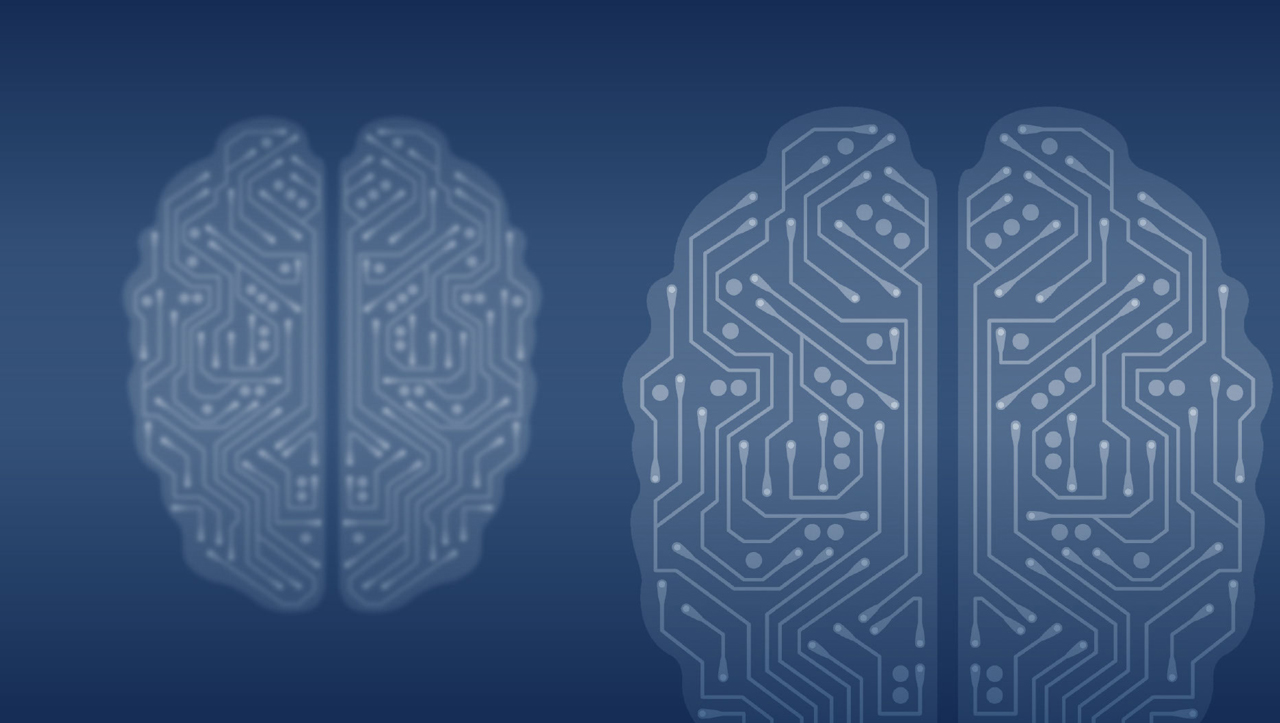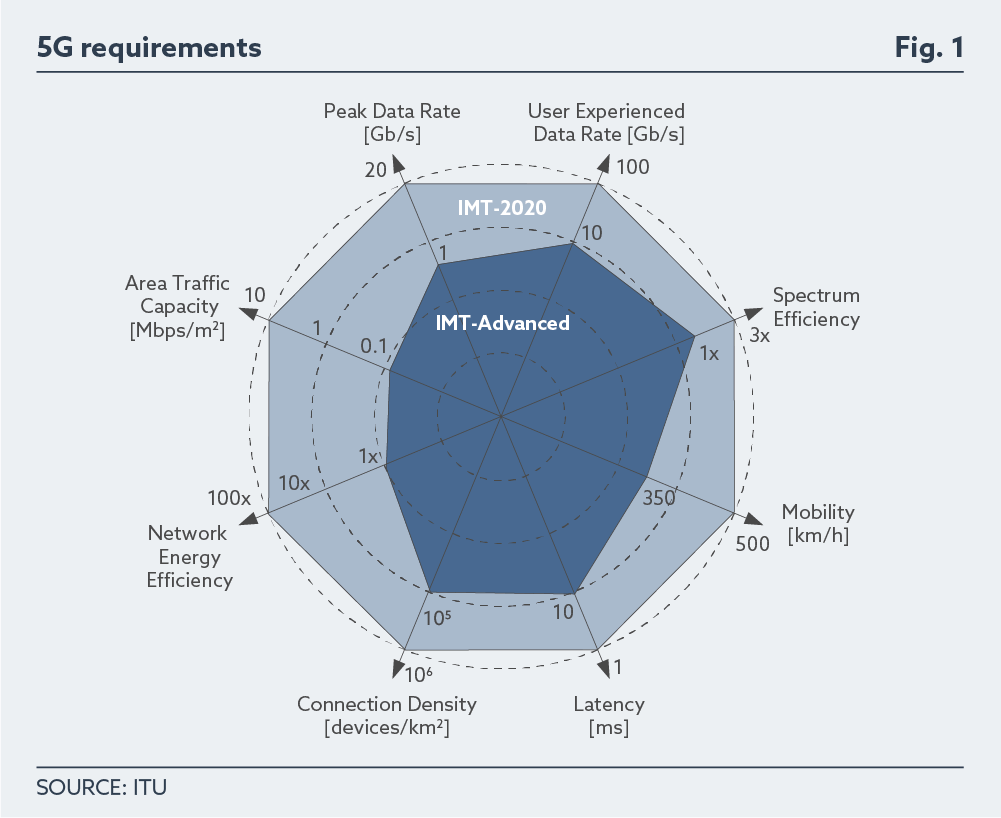AI could add millions to UK GDP

According to recent research by McKinsey and Quantumblack, UK businesses that adopt Artificial Intelligence (AI) may see their value increase by 120% within ten years. Overall, AI could provide a 22 % GDP boost to the UK economy.
McKinsey and Quantumblack believe AI would provide a “welcome boost” for the UK’s lagging productivity growth. The UK is the highest ranking country in Europe on McKinsey Global Institute’s AI Readiness Index, but falls behind the US and China. “We need to be proactive in both the development and diffusion of AI technologies to stop the (AI adoption) gap widening,” said Helen Mayhew, Chief Operating Officer at Quantumblack. “The UK is well-positioned to take advantage of these opportunities, and so the potential rewards for businesses, and society more broadly are significant.”
‘Modeling the impact of AI on the world economy’, another McKinsey study, published in September 2018, offers the following key insights:
- There is large potential for AI to contribute to global economic activity
- The economic impact may emerge gradually and be visible only over time.
- The ways in which companies and countries embrace AI will likely impact outcomes
- Adoption of AI may widen gaps among countries, companies, and workers.
At the global average level of adoption and absorption used in a simulation by McKinsey, AI could potentially deliver additional global economic activity of around $13 trillion by 2030 – some 16% higher cumulative GDP compared with today. This amounts to 1.2% additional annual GDP growth.
By 2030, some 70 % of companies might have adopted at least one type of AI technology although less than half will have fully absorbed all of the five categories thatMcKinsey distinguishes:
- Computer vision
- Natural language
- Virtual assistants
- Robotic process automation
- Advanced machine learning
Modeling the impact of AI on the world economy
Download the Discussion Paper





